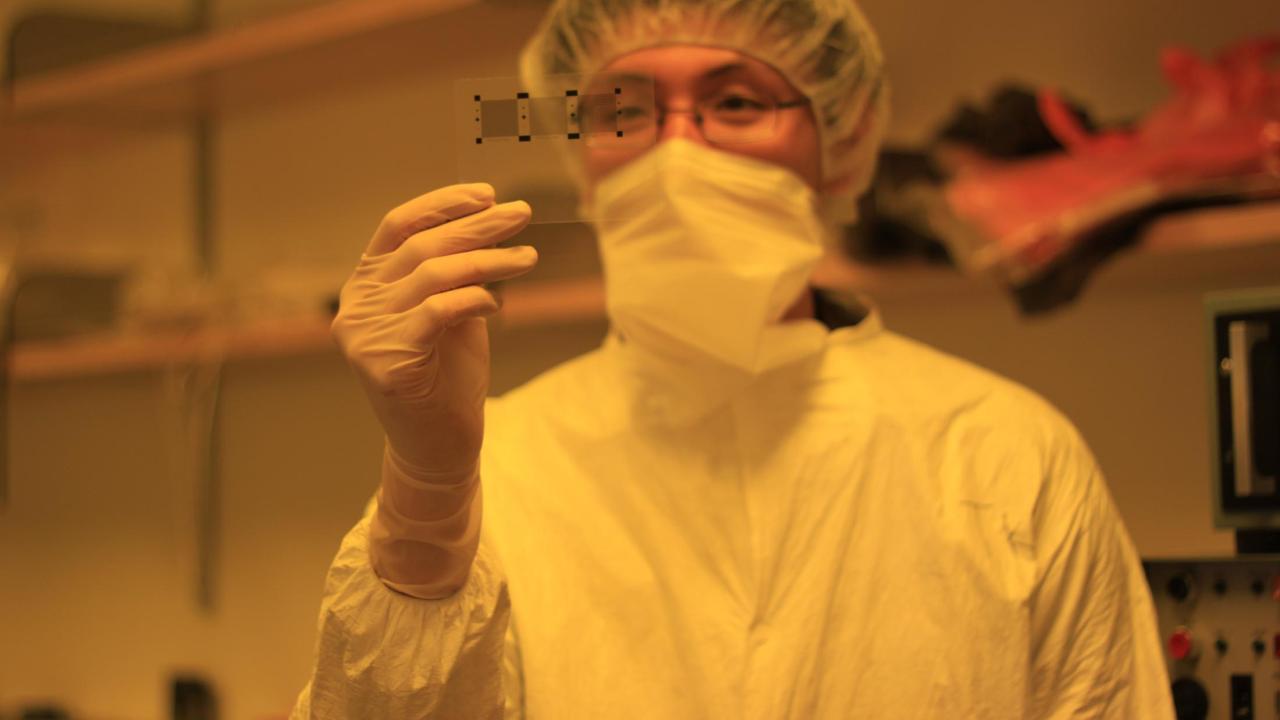
Timothy Kwa
What matters to Timothy?
Quick Summary
- Improving healthcare through early diagnosis technology.
What if a pinprick of blood could tell you if you had a life-threatening disease? It may seem farfetched to some – but for Timothy Kwa, it’s quickly becoming a reality. Kwa, a doctoral student in the Biomedical Engineering Graduate Group, researches how to detect tiny amounts of cell-secreted proteins from small populations of white blood cells. The research that he conducts on campus in the Revzin Lab helps in creating a technology of well-controlled microsystems for cell analysis. “This technology could be used one day to efficiently diagnose diseases and assess a person’s immune system,” says Kwa. In other words, it saves lives.
After completing his undergraduate study, Kwa was inspired by this idea of point-of-care diagnosis, and chose UC Davis specifically for Dr. Revzin’s lab which specializes in the technology. “In the Revzin Lab, I have the immense pleasure of working with surface chemists, chemical engineers, cell biologists, electrical engineers, and mechanical engineers,” says Kwa. “An interdisciplinary group is absolutely essential for developing novel and interesting technologies.”
The Revzin Lab collaborates with Baylor University, Clarkson University, and the University of Notre Dame. Kwa’s research is linked specifically with Baylor, where they engineer special types of white blood cells. Kwa is on the cutting edge of biomedical research, trying to design and create point-of-care devices that will help to improve global health.
With a T32 Molecular Imaging Training Grant, Kwa has been able to devote more time to that goal without having to teach on the side. After he completes his doctorate, Kwa is open to the idea of bringing his work into the global market. “If our technology shows even more promise, it’s possible that we may attempt to commercialize our devices and start a company,” says Kwa. “Making diagnostics affordable for those living in the developing world would revolutionize healthcare and make a step towards personalized medicine.”
He can also envision himself staying within the realm of academics because of his passion for teaching and explaining ideas. One of Kwa’s main goals is to revolutionize K-12 science education by inspiring a curiosity in kids while they are still young. “Many kids express a curiosity in trying to understand this incredible world in which we live, and I would like to cultivate that curiosity into a passion for science”. No matter what path he decides to take, Kwa will be working to improve the lives of those around him.
For more information on Kwa’s research, see the lab's focus and research specs.
Photo: Kwa scrutinizes a photomask -- patterns drawn on a transparency -- that will be used to make devices for testing blood samples. Kwa spends many hours in the cleanroom where he uses photolithography to make these devices that could one day be used to rapidly diagnose diseases. Photo Credit: Elena Foster.
